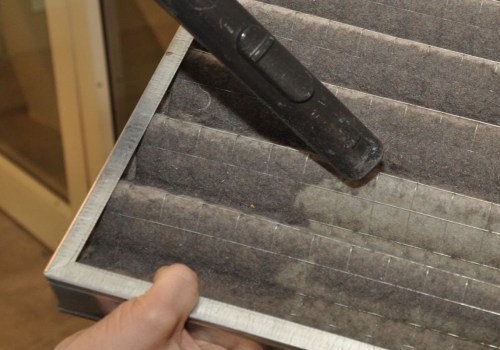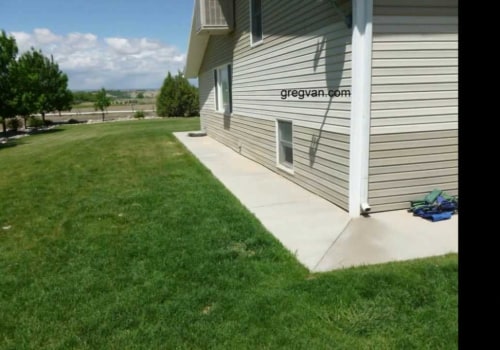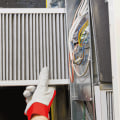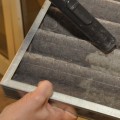A clogged furnace air filter can have a major impact on the efficiency of your home's heating and air conditioning system. When the filter is dirty, it restricts the airflow throughout the home and HVAC system, making it difficult to keep your home warm. This lack of fresh air can cause the heat exchanger to overheat and shut off, leading to short cycling problems. The most serious consequence of a dirty, clogged filter is the damage it can cause to your furnace.
When the filter is too clogged, it prevents air from flowing freely from your home to the furnace. This causes the system to work harder and produce less heat. As the furnace struggles to dissipate heat, it can overheat and trigger its limit switch, which shuts off the furnace to prevent any components from burning or breaking. In addition to causing damage to your furnace, a dirty air filter can also increase your energy bills.
The harder your system has to work to extract air throughout your home, the more energy you need and the higher your bills will be. This inefficiency intensifies as the filter becomes more and more clogged. To avoid these issues, it's important to check your furnace filter regularly. Homeowners should replace their HVAC and HVAC unit air filters at least once every six months or according to the manufacturer's guidelines. If you don't feel comfortable or don't have time to do so, be sure to schedule regular maintenance for your heating and air conditioning system, including filter replacements by a certified HVAC technician. By replacing your furnace filter regularly, you can ensure that your system is running efficiently and that you're not wasting energy or money.
You'll also be able to enjoy better air quality in your home and protect yourself from any potential health risks.










